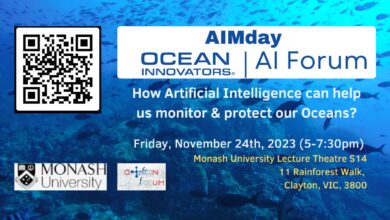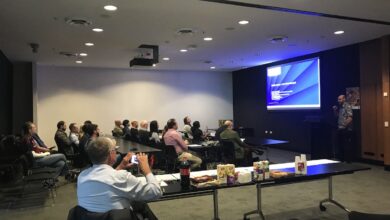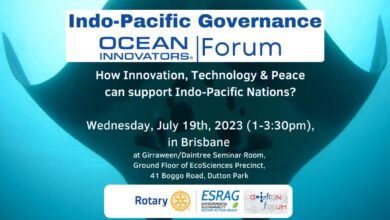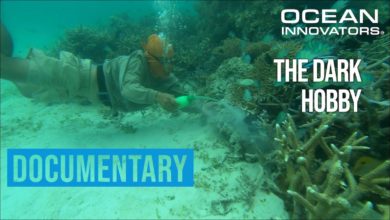- Work with Sea Shepherd
- Human Rights at sea
- Resources
The seas and oceans are a crucial part of the world ecosystem. They stimulate life and are part of a critical balance with life on land that is key for the sustenance of the generations to come. In spite of general knowledge, the world witnesses the exploitation of ocean resources, extracting tones of fish every year.
In a 2018 report, FAO, presents the world fishery and aquaculture statistics. The report depicts a reality with more than 170 tones of fish capture by fisheries and aquaculture production in 2016. The fishing industry is responsible for marine conservation issues, including fish populations decrease, water pollution or habitat degradation. Siddharth Chakravarty works to raise awareness that human rights abuses are also part of this long list. Rejoining the work of Silvia Earle, Siddharth has an impressive journey, from working in the fishing industry, he went on to Sea Shepherd and beyond.
Siddharth Chakravarty work with Sea Shepherd
Siddharth Chakravarty joined Sea Shepherd in 2011, battling at sea against poaching ships and on land focusing on outdated international conservation law. He participated to the 2016 successful campaign Operation Driftnet. The action has successfully ended the operations of a fleet of six illegal fishing vessels. The operation included for the first time international collaboration and coordination with the Chinese government and INTERPOL.
Human Rights at sea
While working with Sea Shepherd, Siddharth saw a bigger picture of the fishing industry problem. Following an encounter with fishermen, his view changed on the true problem causing overfishing. What was apparent was abuse and inhuman work conditions. In fact, fishermen were victims of human rights violations, and overfishing is not the only problem. Afterward, Siddharth started questioning the drivers of overfishing and its actors.
Siddharth identifies human rights abuse as the root cause of the problem. The exploitation of people is resulting in the exploitation of the oceans. Particularly in the poorer area of the world, people often desperate for a job, find themselves in harsh working conditions for long hours. Moreover, some migrant fishermen are particularly vulnerable in international waters where they have no access to human or wage rights.
Since he left Sea Shepherd in 2016, Siddharth’s mission is to investigate human rights abuses and to tackle the problem of overfishing. He is working on independent research on the labour supply chain in the fishing industry and the crew of international fisheries. This with a focus on human rights and social justice perspective. Finally, Siddharth aims to initiate conversations, inform people, and influence policy. WatchSiddharth’s TED Talk below.
Resources
Siddharth Chakravarty Instragram |Twitter








One Comment